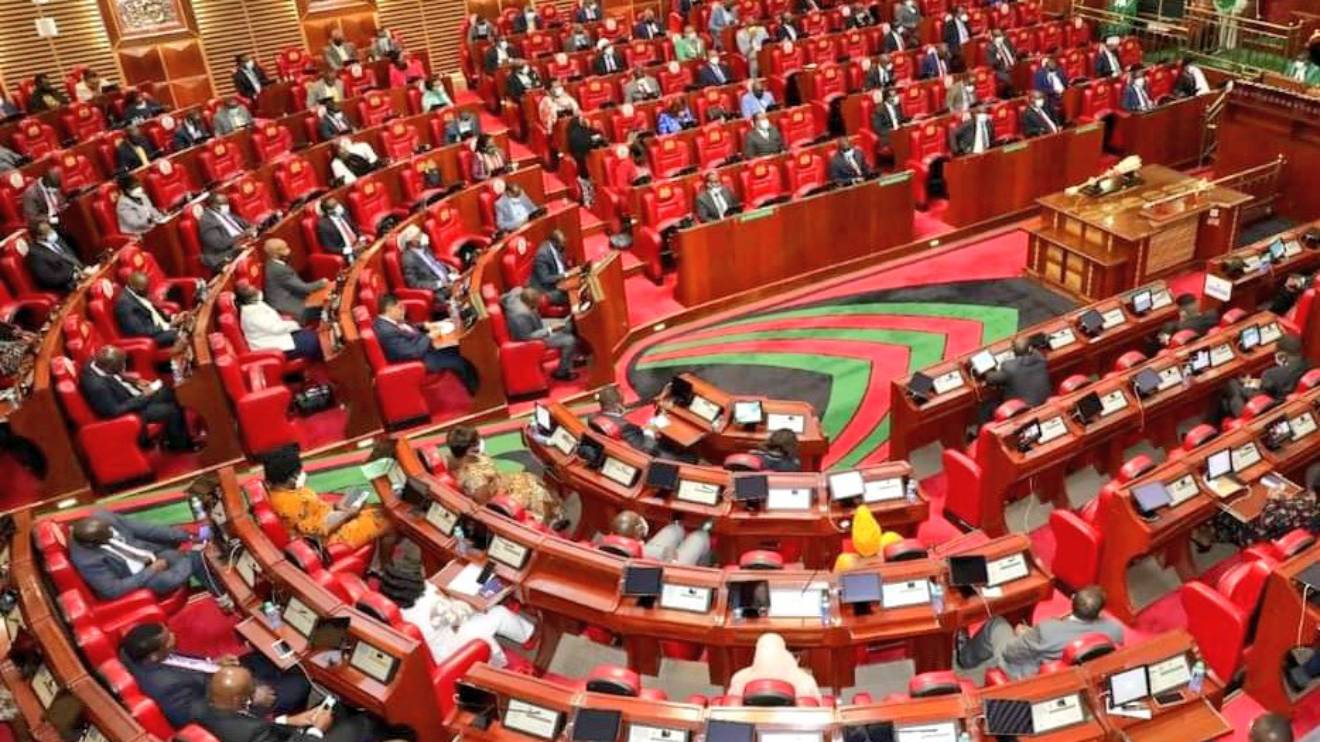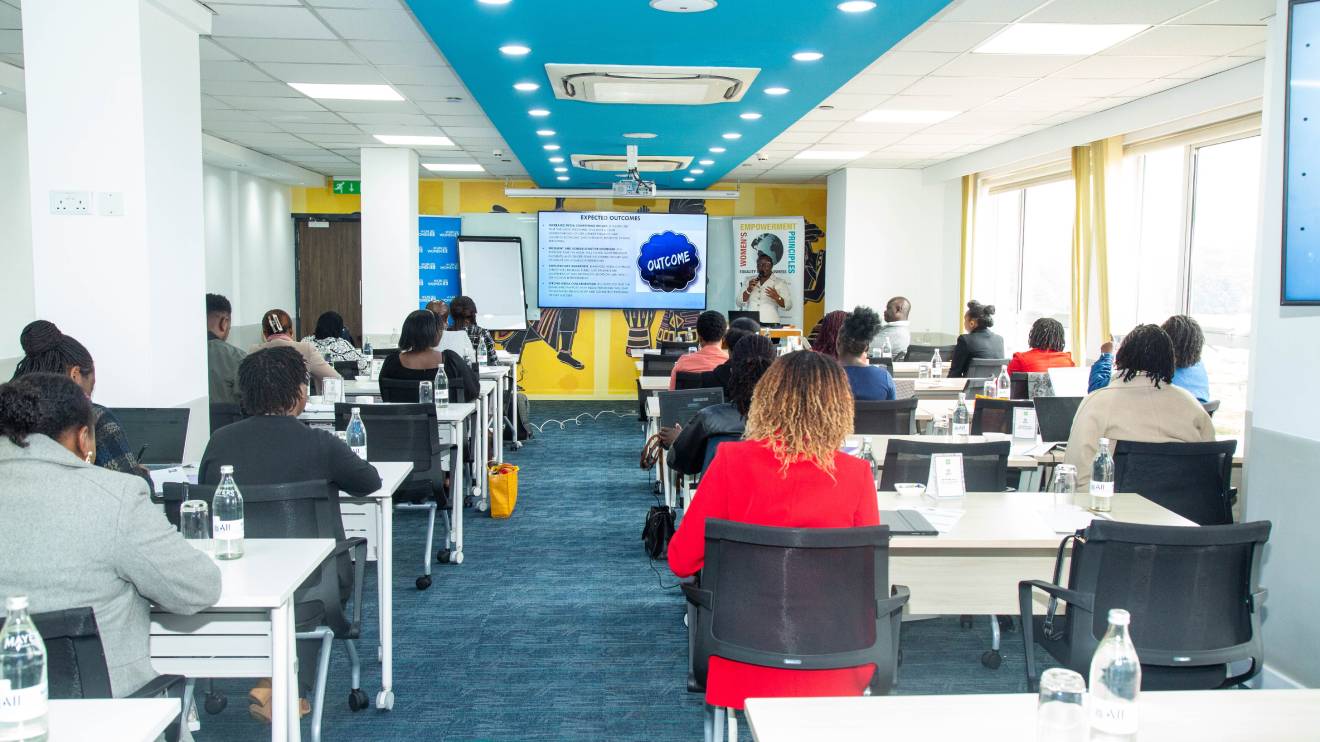KCB Bank has introduced a wide-ranging financial programme for Kenyan universities, designed to address long-standing operational gaps, empower students and staff, and strengthen institutional development across the higher education sector.
The initiative, which is now active in 29 universities, both public and private, is built around a tailored financial ecosystem that includes infrastructure financing, working capital, digitised payments, and comprehensive support services.
According to the bank, the plan is meant to reshape how academic institutions manage operations and support their communities.
Explaining the intention behind the move, the Managing Director of KCB Bank Kenya, Annastacia Kimtai, said the initiative is about opening up fresh avenues for growth and sustainability in education.
“We are reimagining support for the country’s higher education sector. This initiative seeks to unlock new opportunities for the education sector while enhancing its sustainability, growth, and socio-economic impact,” Kimtai said.
Read More
She further emphasised the importance of the sector in national progress.
“We recognise the pivotal role universities play in knowledge generation, innovation, and economic growth. We are therefore stepping in to co-create value with these institutions to ensure their long-term sustainability,” she added.
University personnel, both teaching and administrative, will now be able to access a suite of products, including mortgages, personal loans, insurance coverage, retirement plans, salary advances and even clean energy solutions such as solar panels and biogas.
These offers are bundled with financial literacy sessions to support long-term financial well-being for staff.
Students, on the other hand, will benefit from a package that includes digital banking services, student-friendly prepaid cards, tools for managing fees, and a three-month internship programme that aims to train over 10,000 university students with industry skills and practical experience.
Support does not stop within university walls. The bank will also provide financing and training to small businesses and suppliers that work with these institutions.
Through programmes such as “Partner Kwa Ground” and MSME financing, suppliers will be able to access credit and mentoring to help them scale sustainably.
Communities near participating universities will not be left out.
KCB Foundation, in collaboration with university-led corporate social responsibility projects, will spearhead environmental projects, enterprise support, vocational training under the 2Jiajiri programme, and education scholarships.
Commenting on the partnership’s relevance to national education goals, Dr Beatrice Inyangala, Principal Secretary in the State Department of Higher Education and Research, stated that the collaboration fits well within ongoing government reforms.
"We are seeking to collaborate with the private sector to drive the transformation of higher education," Inyangala said.
"This initiative aligns well with government efforts to make higher education more sustainable, inclusive, and digitally enabled," she said.
The timing of the launch coincides with growing financial strain across Kenya’s university sector.
Government data shows that a significant number of institutions are struggling with budget deficits amid rising enrollment and expanding infrastructure needs.
With its financial proposition, KCB hopes to play a pivotal role in reshaping how universities operate, moving beyond basic banking services to a more inclusive, value-driven partnership model.
The bank has committed to expanding the programme further, bringing more institutions on board and deepening its role in education-centred economic transformation.







